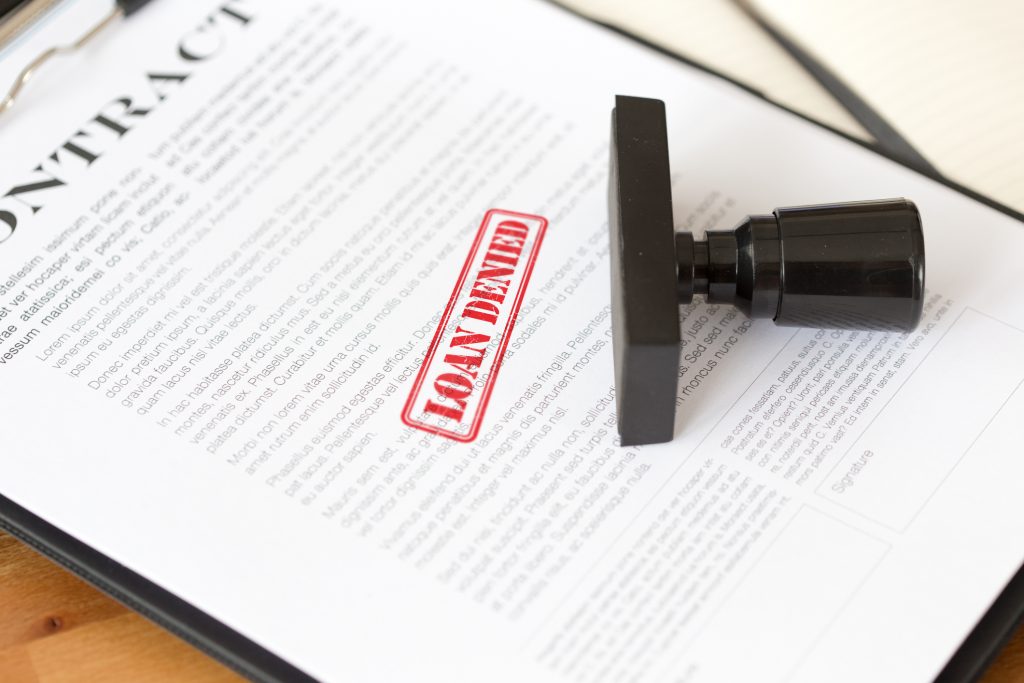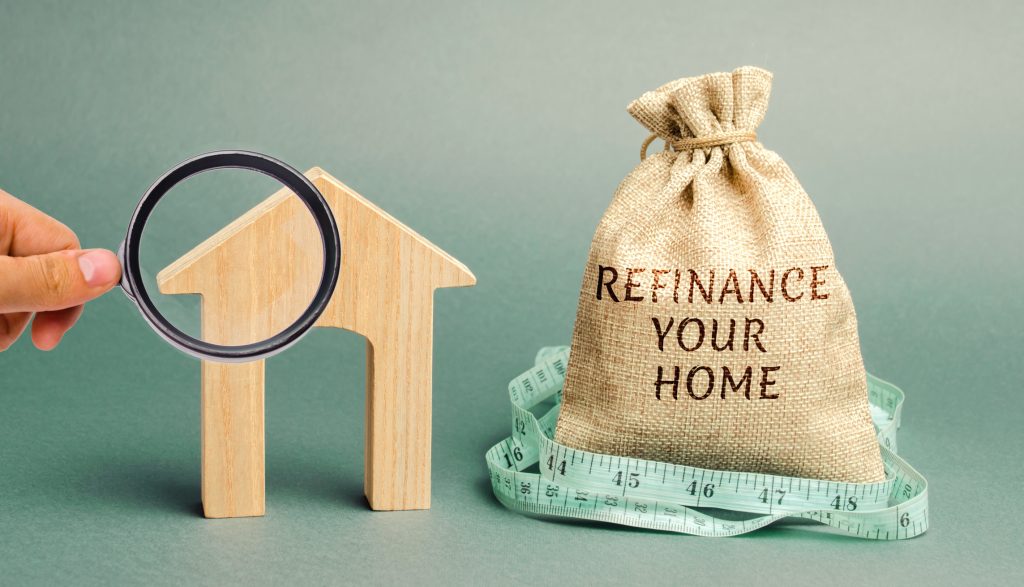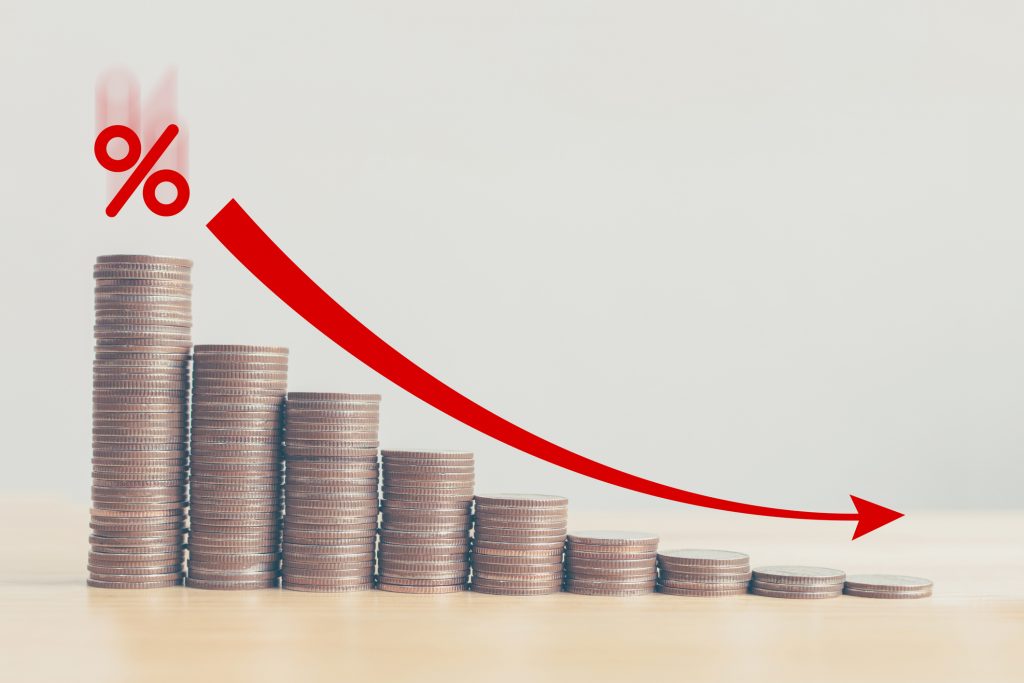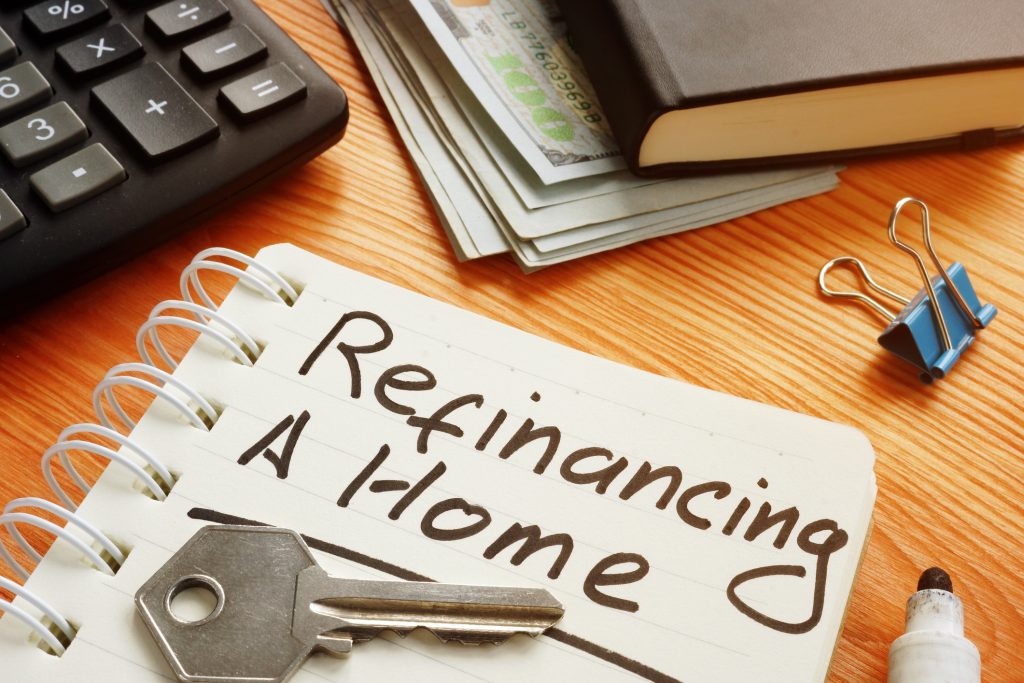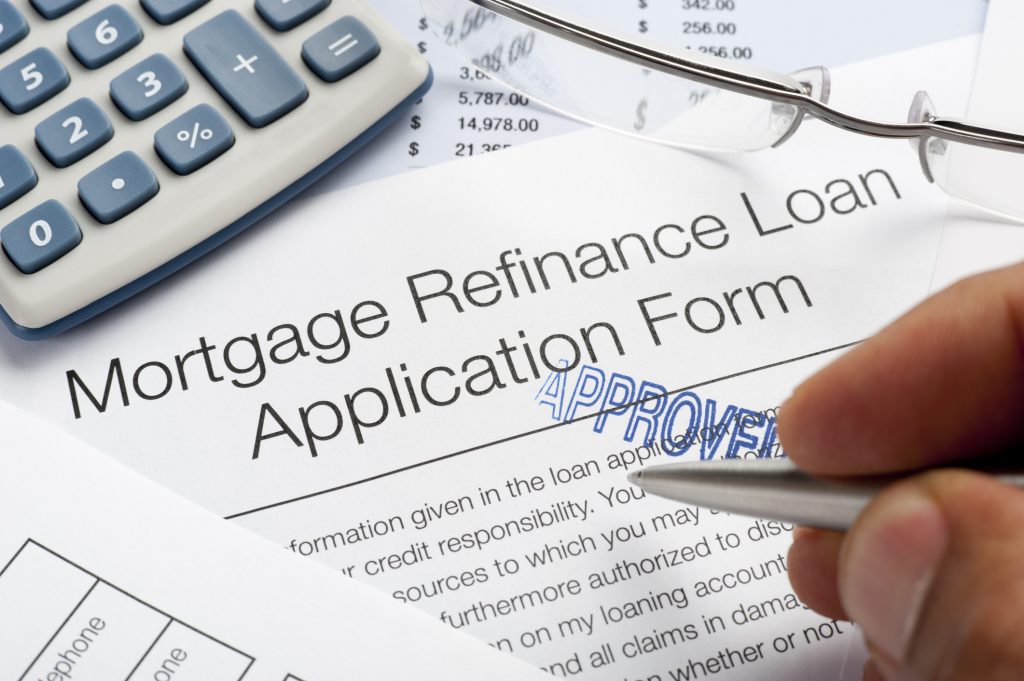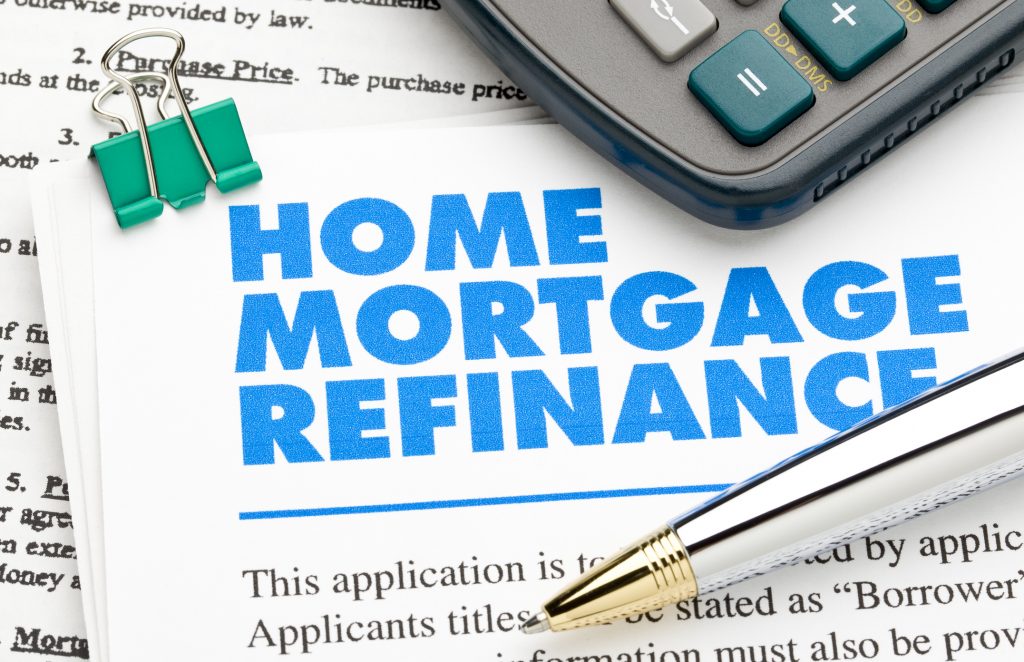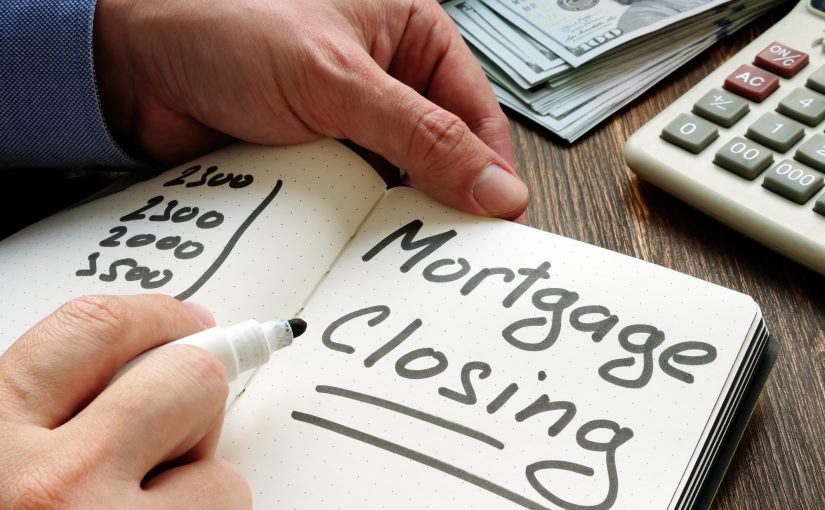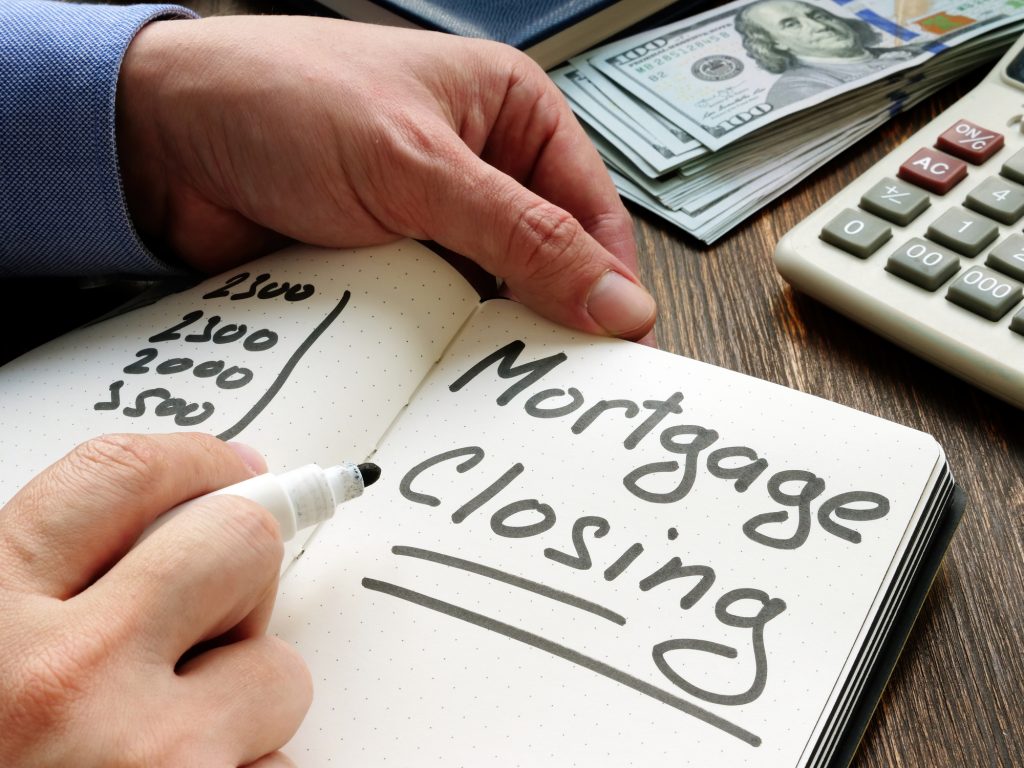 Buying a home is both a big investment and life decision. While owning a home may be cheaper than renting one in the long run, becoming a homeowner definitely comes with its fair share of expenses outside of monthly mortgage payment and utilities.
Buying a home is both a big investment and life decision. While owning a home may be cheaper than renting one in the long run, becoming a homeowner definitely comes with its fair share of expenses outside of monthly mortgage payment and utilities.
Before you make the decision to buy a home, here are a few homeownership expenses that you should consider.
Homeowner Expenses to Keep in Mind
- Homeowners insurance – This expense is essential because it covers your home from the damages caused by catastrophic events such as fires and hurricanes. Homeowners insurance does exclude some natural disasters such as floods and earthquakes—also known as Acts of God.
- Property taxes – Every year, homeowners have to pay property taxes that are calculated by the local government and are based on the value of the property. Property taxes are also usually included in the mortgage payment.
- Community fees – If you are buying a home in a neighborhood, you may have to pay a homeowner’s association (HOA) fee.
- Escrow prepaids – An escrow account holds funds used to pay property taxes and insurance. During closing, you may need to make an initial deposit to your escrow account so that the account isn’t at zero.
- Mortgage insurance – If your down payment is less than 20%, your lender may have you pay for mortgage insurance and include it in your monthly payment. Lenders do this to lower the risk when they give out a loan, otherwise qualifying for one is difficult.
- Maintenance – If you’ve rented an apartment or a home before, your landlord was typically responsible for any property maintenance. Owning a home means any maintenance property falls onto you, such as a roof replacement or a broken fridge.
- Closing costs – This cost can vary depending on your location, but it’s generally 1% to 3% of the property’s price. Other closing fees generally include lender’s costs, document prep, appraisal, and deed recording costs.
The Right Mortgage for First-Time Homeowners
If you’re looking to buy your first home, trust the mortgage professionals at Butler Mortgage to guide you through the mortgage process. Our team has worked with both first-time and seasoned buyers for over 25 years in Central Florida and will help you secure desirable mortgage rates that fit your budgetary needs.
To get started, call Butler Mortgage today at 407-931-3800 or fill out our free consultation form online.




